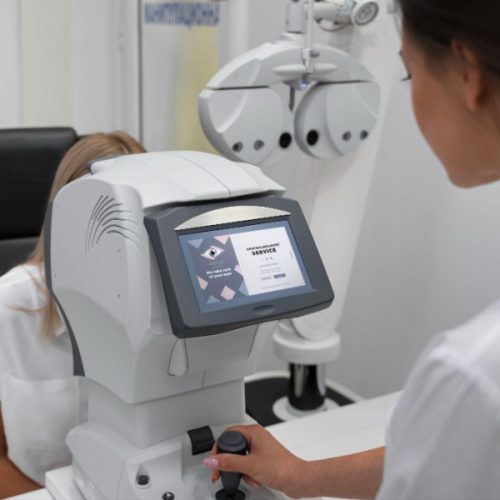It is hard to haggle with discomfort all the time. It makes it hard to sleep, feel well, and precisely enjoy everyday tasks like walking, sitting, or working. It is normal to search for something better when traditional medication stops functioning or makes you feel bad. At that point, some patients choose radiofrequency ablation treatment.
More and more individuals with back, neck, joint, or nerve discomfort are using this therapy. It does not need surgery or a lengthy recuperation period. For a lot of people, it gives them true relief that lasts longer than pills or shots.
What is the method of radiofrequency ablation?
To put it positively, radiofrequency ablation (RFA) is a mode to stop pain by using heat. A needle is set close to the nerve that is hurting. After that, the tip of the needle becomes hot from a radio wave. This heat makes the nerve less able to deliver powerful pain signals to the brain. Care is taken throughout the entire procedure. Doctors utilise X-rays to make sure the needle is in the appropriate place. Most likely, you will be awake, but the region is numb, so it does not hurt too much. Most individuals go home that day.
Who Can Use It?
People who have back, neck, or joint pain for a long time are suitable for using this method. This might be the next step if you have received nerve blocks that worked for a short period.
It is vital to remember that radiofrequency ablation treatment does not get rid of the pain’s origin. But it may help for a few months, or perhaps longer. And during that period, you may be able to walk more, sleep better, and enjoy your everyday life with less pain.
What to Expect After the Operation
You may feel pain in the region for a day or two after the treatment. That is normal. Most individuals can resume mild activities after a day or two. It might take as long as three weeks for the complete pain relief to work.
People have different outcomes. Some people feel better after six months, while others feel better for a year or more. If the discomfort comes back, the therapy may typically be done again.
Is It Safe?
RFA has been for a long time and is thought to be safe. There are tiny risks with every function, such as bleeding or infection, but these are not very frequent. A professional pain expert will speak to you about your health and help you determine whether this is the correct choice for you.
If pain is ruining your everyday life and conventional treatments have not worked, you may want to check into radiofrequency ablation and other possibilities. It is a simple, low-risk move that might provide you with the relief from the pain you have been looking for so you can go back to life.



